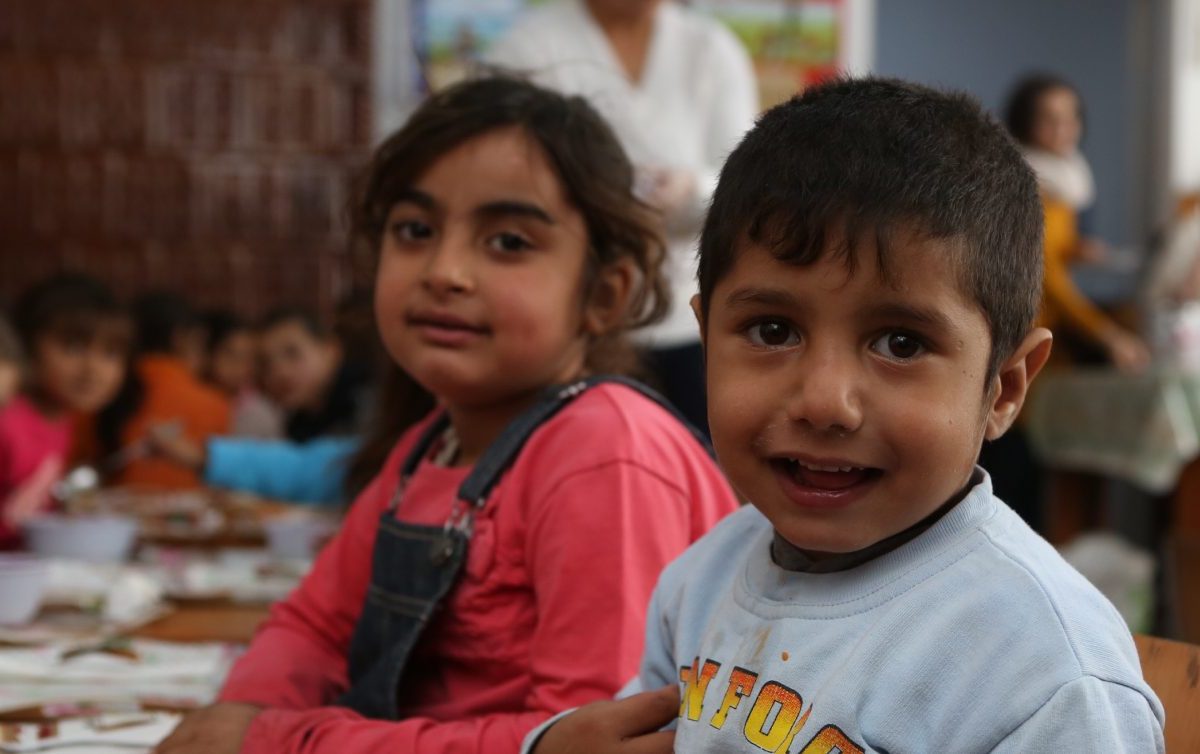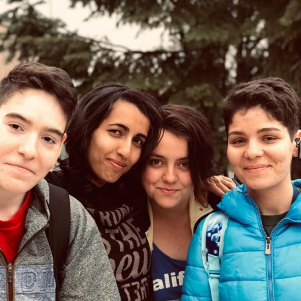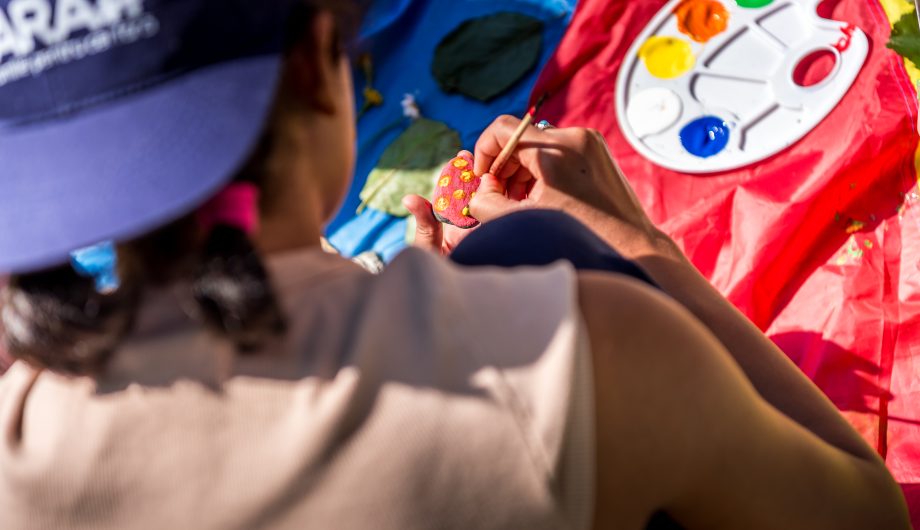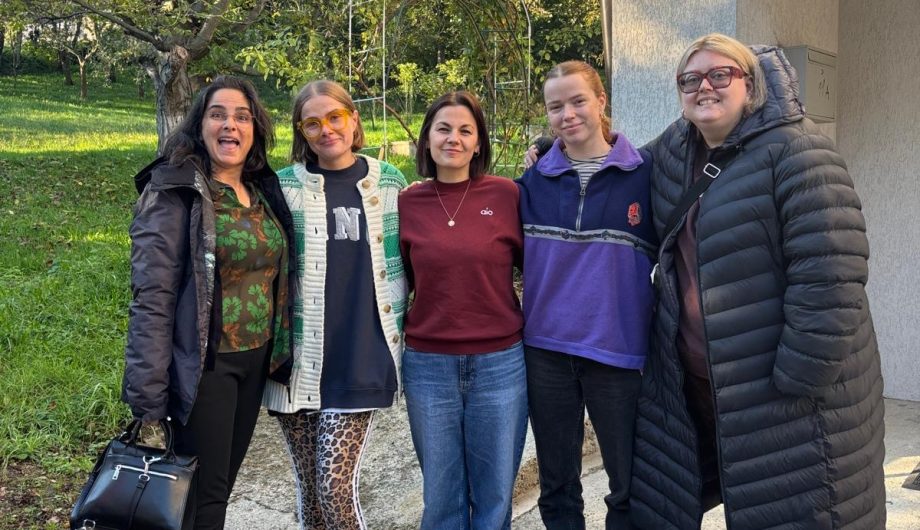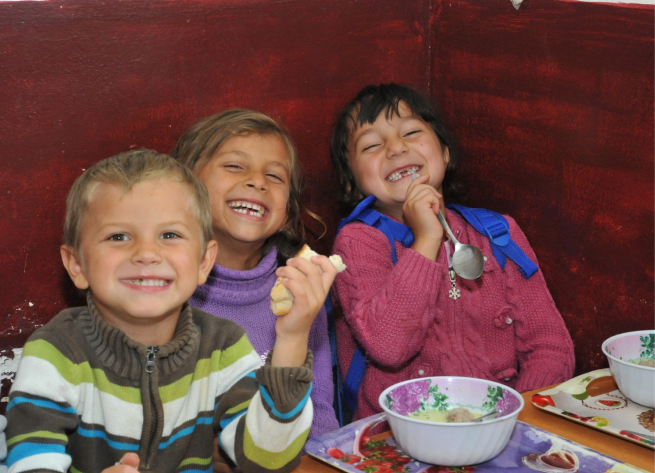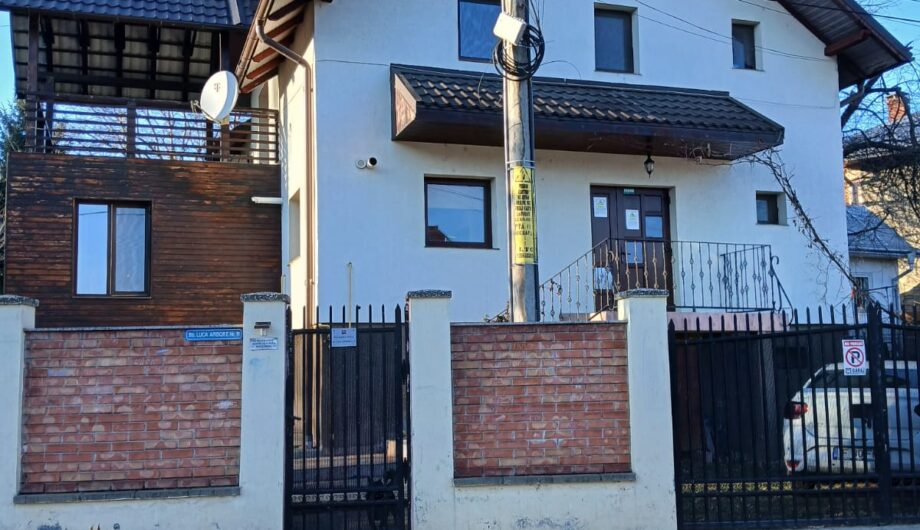
St Nicolas closes but its spirit lives on
Opened in 1997, St Nicolas Home was FARA’s first residential care facility and official programme. Alongside its sister home, St Gabriels (1999 – 2019), St Nicolas marked the beginning of FARA as we know it today. It closed its doors at the end of 2024 after 27 years of activity.


